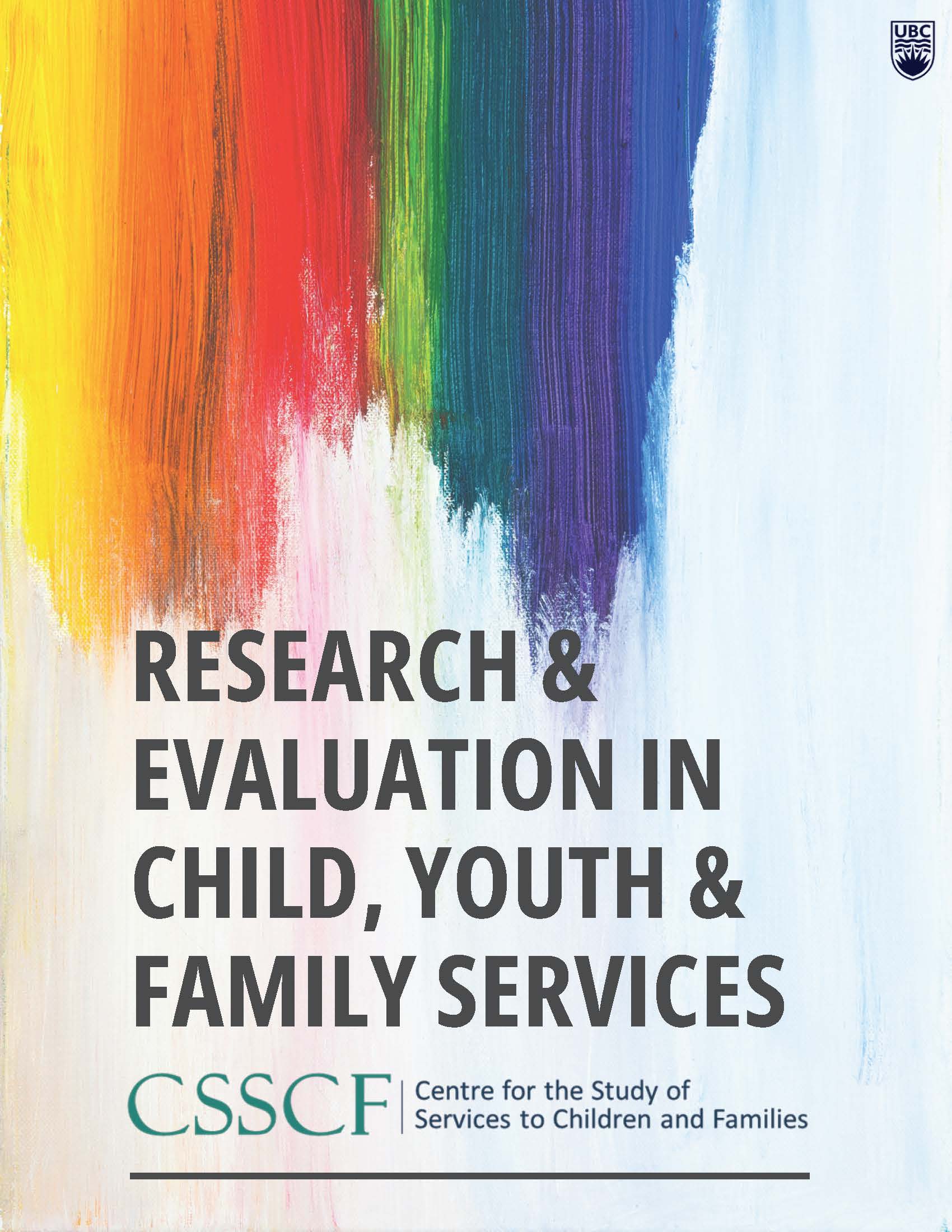Factors that Enable Full Inclusion of Children with Extra Support Needs in Universal Child Care
DOI:
https://doi.org/10.14288/recyfs.v1i1.197578Keywords:
Child care, children with extra support needs, inclusion, disability justice, universal child careAbstract
This evaluation research project was done in partnership between the Ministry of Children and Family Development (“MCFD”) Inclusion Supports and Services Policy Division and University of British Columbia (“UBC”) School of Social Work. The two research questions were: (1) what are the key factors that enable full inclusion of children with extra support needs that British Columbia should consider as the province moves towards universal child care, and (2) what are the potential benefits and challenges for all children when inclusion of children with extra support needs is implemented in child care settings. Researchers analyzed six expert interviews using qualitative research methodology. Thematic analysis highlighted five areas to consider when establishing a universal child care system that fosters and promotes inclusion.
Access to affordable child care poses a challenge for many families in British Columbia (“BC”), especially families of children with extra support needs. To address this challenge, the provincial government has committed to developing an accessible universal child care system. The government recognizes that its commitment to accessibility must be equitably extended to all children, and inclusive of children with extra support needs. This program evaluation research begins with a literature review, which informs the theoretical framework, conceptual approach, and the two research questions. This research approaches the research questions through the lenses of structural social work, disability justice, and principles of inclusion.
This is primarily a qualitative research project. Eligible research participants were defined as Regional and Provincial Advisors (“Advisors”) to MCFD Inclusion Supports and Services Policy Division. Advisors work in MCFD-contracted agencies in Supported Child Development (“SCD”) and Aboriginal Supported Child Development (“ASCD”) Programs. There were six research participants. This quantitative data was collected through a demographic survey which sought information about years of related work experience, one dimension of participants’ expertise and experience. Qualitative data was collected through semi-structured phone interviews, which were then transcribed verbatim. All research participants completed the demographic survey and took part in the qualitative interview.
This data was transcribed, coded, and analyzed using thematic analysis methodology. Following rigorous data analysis, researchers determined five themes: exclusionary practices, inclusive values, interdisciplinary collaboration, Indigenous cultural safety, and systemic issues. These themes should inform key considerations for the provincial government as it establishes a universal child care system that enables full inclusion of children with extra support needs.
This evaluation project has limitations which are related to eligibility criteria, use of purposive non-probability sampling, geographic scope, data collection tools, and lack of respondent verification. Limitations are detailed in the report. This research concludes with three recommendations for future research: (1) evaluate the experiences and perspective of community service providers connected to child care settings and families receiving ASCD/SCD supports, (2) apply a disability justice lens to supporting children with varying abilities through examination of the use and impact of language relating to varying abilities in policy and practice, and (3) expand the notion of cultural competency by exploring multidimensional understandings of cultural safety and cultural humility in child care settings with diverse populations.
Overall, this research emphasizes the importance of intentional, well-articulated government strategy when developing inclusive child care. Results of this research indicate that inclusion benefits children with extra support needs, and inclusion actually benefits all children and their families.
Downloads
Published
Issue
Section
License
Copyright (c) 2023 Research and Evaluation in Child, Youth and Family Services

This work is licensed under a Creative Commons Attribution-NonCommercial 4.0 International License.
This work is licensed under a Creative Commons Attribution-NonCommercial 4.0 Inrernational License. Copyright for articles published in this journal is retained by the authors, with first publication rights granted to the journal. By virtue of their appearance in this open access journal, articles are free to use, with propoer attribution, in edicational and other non-commercial settings.


